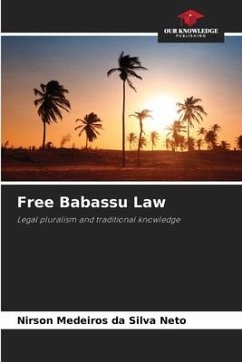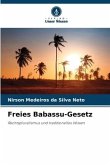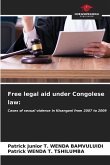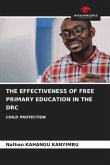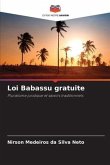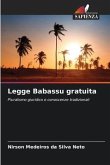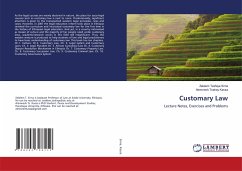This book presents the results of research carried out between 2007 and 2008 with babassu coconut breakers in the Araguaia-Tocantins region, which aimed to understand the strategies, practices and representations of these rural workers with regard to the protection of their traditional knowledge. The text is based on the need to deepen theoretical debates on the impacts of the rapprochement between the capitalist world system and the world system of traditional populations, realising the nuances of this intercultural relationship that suggest a path beyond the protection/deculturation dichotomy. This opposition has characterised discussions on the subject of protecting traditional knowledge, with debates falling into a naive, or perhaps self-interested, affirmation of the fruitfulness of the relationship between the logic of capitalism and traditional cultures, or an outright denial of the positive relationship between capitalism and native populations. It shows that these intellectual positions admit a false duality that does not always take into account the particularities of the economic life of traditional peoples and communities.
Bitte wählen Sie Ihr Anliegen aus.
Rechnungen
Retourenschein anfordern
Bestellstatus
Storno

